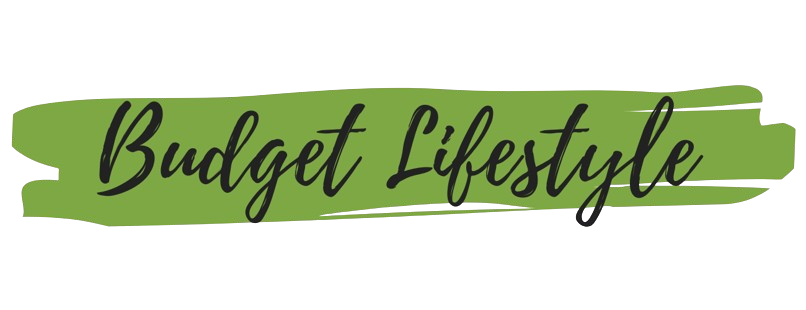Are you tired of staring at endless rows of numbers on your bank statement, wondering where your money vanished? Do you find yourself impulse buying or overspending on unnecessary items? If so, it might be time to consider a cash-only budget.
In today’s digital age, where plastic reigns supreme, the allure of instant gratification can lead to financial overindulgence. But what if there was a simpler, more tangible way to manage your money? What could help you regain control of your finances and achieve your financial goals?
Enter the cash-only budget. This tried-and-true method involves using physical cash for all your expenses, eliminating the temptation of digital spending. By taking a step back to the basics, you can gain clarity and control over your financial life.
Understanding the Cash-Only Budget
A cash-only budget is exactly what it sounds like: you use only cash for your expenses. No credit cards, debit cards, or checks. It’s a return to the old-fashioned way of managing money, but with a modern twist.
The core idea is to allocate a specific amount of cash to different spending categories at the beginning of each month. This could include envelopes labeled “groceries,” “rent,” “entertainment,” and so on. Once the cash in an envelope is gone, your spending in that category stops for the month.
The Benefits of Going Cash-Only
- Enhanced Financial Awareness: Handling physical cash makes you acutely aware of your spending. Seeing your money dwindle can be a powerful motivator to cut back.
- Curbing Impulse Buying: With a cash-only system, you can’t buy something unless you physically have the cash on hand. This eliminates impulsive purchases and helps you stick to your budget.
- Saving Money: Many people find they save more money when using a cash-only budget. The physical limitation on spending forces you to prioritize needs over wants.
- Reduced Debt: By relying on cash, you’re less likely to accumulate credit card debt. This can lead to improved credit scores and financial stability.
- Simplified Budgeting: Tracking expenses becomes much easier when you’re dealing with physical cash. You can simply count the remaining cash in each envelope to see how you’re doing.
How to Implement a Cash-Only Budget
- Track Your Spending: Before switching to cash, monitor your spending for a month to identify your average expenses in different categories.
- Allocate Your Cash: Based on your spending analysis, divide your monthly income into different cash envelopes for various categories.
- Withdraw Cash: Withdraw the designated amount of cash for each category at the beginning of the month.
- Adjust as Needed: Regularly review your spending and adjust the amounts in your envelopes accordingly.
Tips for Success
- Start Small: Begin by using cash for a specific category, like groceries or entertainment, and gradually expand to other areas.
- Be Realistic: Don’t set unrealistic expectations for yourself. It takes time to adjust to a cash-only budget.
- Consider a Hybrid Approach: For larger expenses like rent or utilities, you might continue using electronic payments while sticking to cash for discretionary spending.
- Find Accountability: Share your cash-only journey with friends or family for support and encouragement.
Conclusion
Embracing a cash-only budget may seem daunting at first, but the rewards can be substantial. By taking control of your finances and breaking free from the digital spending trap, you can pave the way for a brighter financial future. Remember, small steps can lead to big changes. So why not give it a try? Your wallet (and your peace of mind) will thank you.
By adopting a cash-only budget, you’re not just managing money; you’re taking charge of your financial destiny. It’s time to reclaim control and enjoy the freedom that comes with financial clarity. Are you ready to make the switch?
Have you tried a cash-only budget? Share your experiences and tips in the comments below!

